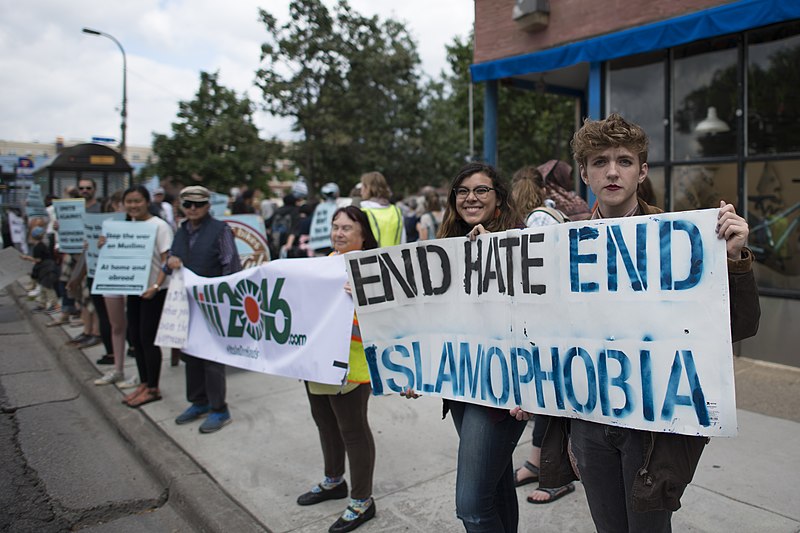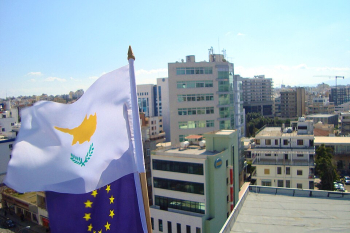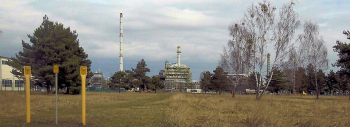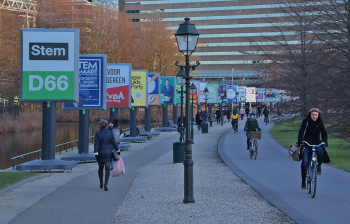
Incidents of anti-Muslim violence and harassment in Germany have surged, with 1,926 cases recorded last year, according to the CLAIM network of NGOs.
This represents a 114% increase from 2023, with a significant rise following the October 7 Hamas-led attack on Israel from Gaza.
Notable incidents included an attempted arson on a mosque in Bochum marked with a swastika, a Muslim family’s door in Saxony being shot at by a right-wing extremist neighbor, and a woman being pushed onto train tracks in Berlin after being asked if she belonged to Hamas.
Rima Hanano, speaking at a Berlin news conference, criticized German authorities for their inadequate attention to this rise in anti-Muslim incidents and for sometimes denying its existence. She highlighted that mainstream political parties have adopted policies from far-right, anti-Islam parties like the Alternative for Germany (AfD), which has surged in popularity and claims that Islam does not belong to Germany.
“The streets, buses, or mosques are no longer safe places for people who are Muslim or perceived as such,” Hanano stated. “Anti-Muslim racism was never as socially acceptable as today and it comes from the middle of society.”
CLAIM’s report indicated that most incidents involved verbal abuse, primarily targeting women, and included 90 attacks on Islamic religious sites and four attempted murders. These figures likely represent only a fraction of the total incidents due to underreporting and lack of monitoring institutions.
Germany’s Muslim population has been growing rapidly, particularly since the 2015-16 influx of migrants, and now stands at 5.5 million, or 6.6% of the overall population.
This increase in anti-Muslim incidents aligns with a 140% rise in Islamophobic crimes recorded by the interior ministry and a survey indicating that half of Germans hold Islamophobic views. Antisemitism has also risen following Israel's military actions in Gaza post the October 7 Hamas attack.
German authorities, especially in light of the country’s history with antisemitism, have been more vocal about antisemitism than anti-Muslim incidents. Economy Minister Robert Habeck criticized some Muslim community groups for not distancing themselves sufficiently from Hamas or anti-Jewish hatred.
Last year, the German government published its first independent report on Islamophobia, offering recommendations to tackle discrimination. Family Minister Lisa Paus acknowledged the dramatic rise in both anti-Muslim and antisemitic incidents, noting government efforts to fund civil society projects for early prevention.
However, Hanano emphasized that more substantial action is needed. “Despite the fact ... that we have been warning about this situation for years, it is still barely acknowledged,” she said. “What we really need is the political will to truly fight anti-Muslim racism.” Photo by Fibonacci Blue from Minnesota, USA, Wikimedia commons.

















